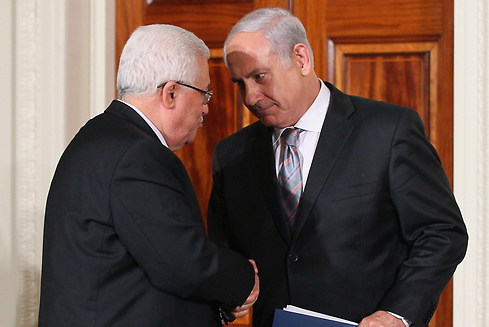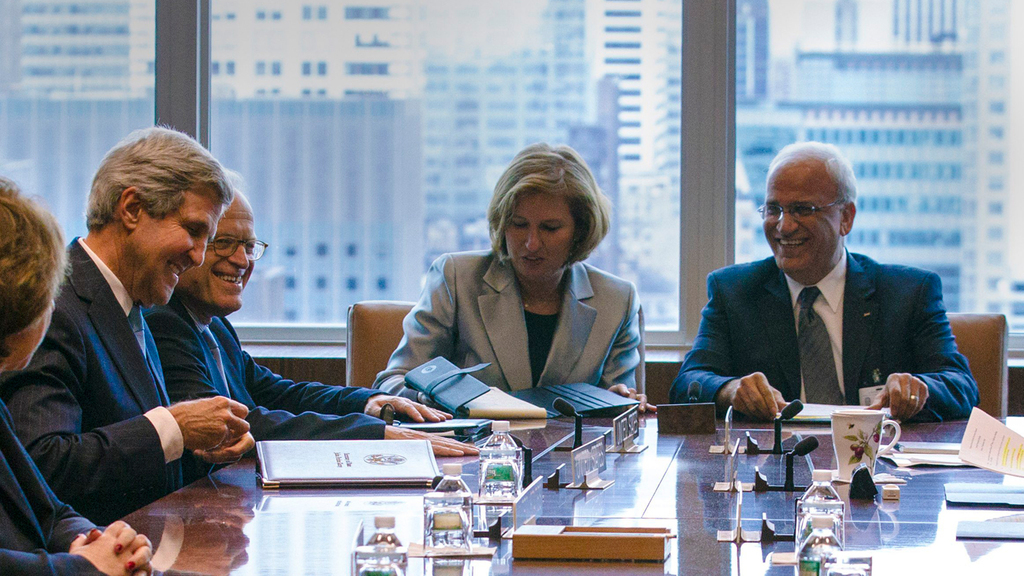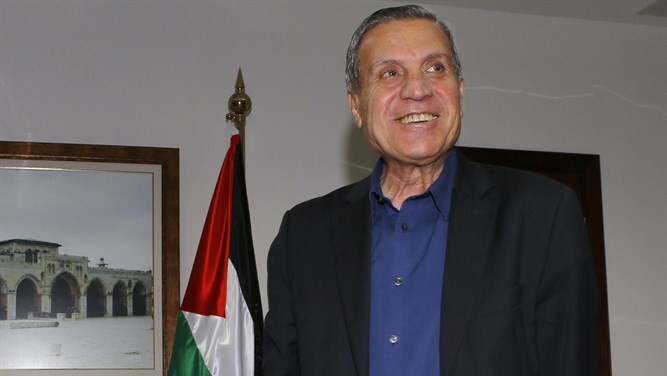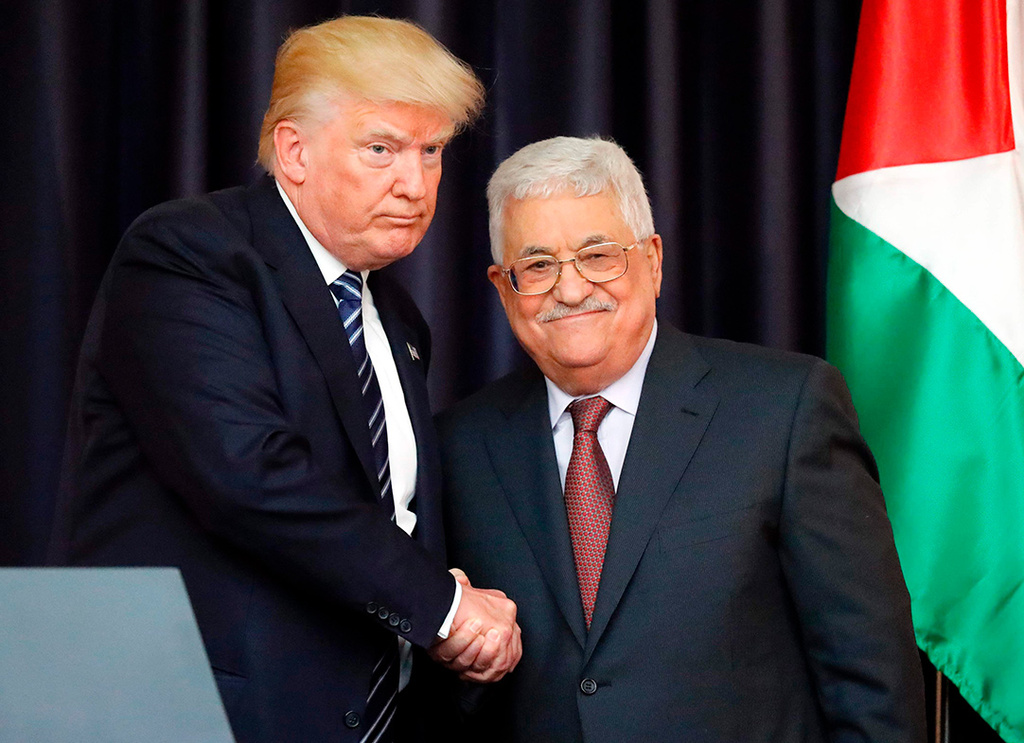Getting your Trinity Audio player ready...
A senior Palestinian Authority official said Wednesday that the PA was ready to resume negotiations with Israel at the point at which they stopped in 2014 or when Israel guarantees to abide by the agreements already signed.
The comments by Nabil Abu Rudeineh, an aide to Palestinian President Mahmoud Abbas, came a day after Defense Minister Benny Gantz urged the PA leadership to return to the negotiating table.
“The Palestinian leadership has failed to understand that now is the time to cease all excuses, return to the negotiating table and work together to find a solution,” Gantz said during a Knesset debate on the Bahrain normalization agreement.
"I call on [Abbas] and the rest of the Palestinian leadership - if not for yourselves, do it for your children. They, the future generation, deserve a future of peace."
4 View gallery


Palestinian President Mahmoud Abbas and Prime Minister Benjamin Netanyahu in 2013
(Photo: Getty Images)
Foreign Minister Gabi Ashkenazi joined the call to resume negotiations, saying he believes additional countries will soon join the UAE, Bahrain and Sudan in signing agreements with Israel.
“This is an opportunity to call on the Palestinians to join this discourse, this path that we are beginning to chart. It is time for talks of unity and true peace, without preconditions,” Ashkenazi said.
The last round of direct negotiations between Israel and the Palestinian leadership took place in 2013 and 2014 with U.S. mediation overseen by then-Secretary of State John Kerry.
4 View gallery


U.S. Secretary of State John Kerry, Justice Minster Tzipi Livni and Palestinian negotiator Saeb Erekat during peace talks in the U.S. in 2013
(Photo: Reuters)
Then Prime Minister Benjamin Netanyahu authorized then-Justice Minister Tzipi Livni to conduct talks with the Palestinians, who were represented by former PLO Secretary General Saeb Erekat.
Negotiations ceased in April 2014, after Israel delayed the fourth phase of a staged release of Palestinian prisoners and the PA decided to join UN institutions, a step it pledged to avoid during negotiations.
Since then, various initiatives have emerged, but none of them have developed into serious contacts, and the Palestinians have continued their policy of joining international bodies.
American ties with the Palestinians have also deteriorated during Trump's presidency due to measures they perceived as unilateral and biased in favor of Israel, including the recognition of Jerusalem as the capital of Israel and the relocation of the U.S. embassy from Tel Aviv.
The Trump administration later introduced its "deal of the century" blueprint for Mideast peace, which was rejected outright by all Palestinian officials. The U.S. also shut down the PLO mission in Washington and halted financial aid to the Palestinians.
Abbas has stated several times in the wake of these steps that that he will not accept the United States as the sole mediator in negotiations with Israel and has proposed holding an international peace conference under the auspices of the United Nations.
In recent months, the Palestinians have further severed ties with Israel, including security coordination and the receipt of tax revenue collected by Israel, which has deducted the stipends paid by the PA to the families of terrorists either jailed in Israel or killed during an attack.



